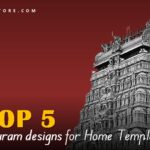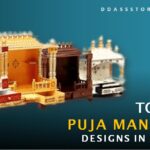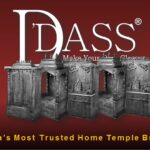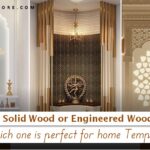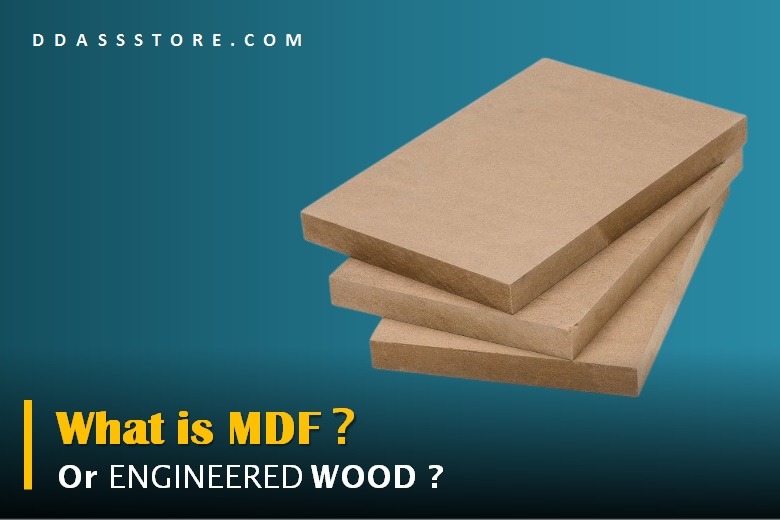🪵 What Is MDF? (A Complete Guide to Medium Density Fiberboard) by D’DASS Store
In the world of modern interior design and furniture manufacturing, engineered wood has become increasingly popular. Among the leading choices—plywood, particle board, and MDF—one material stands out for its affordability, versatility, and smooth finish: MDF, or Medium Density Fiberboard.
Whether you’re renovating your home, buying new furniture, or exploring materials for your DIY projects, it’s important to understand what MDF is, how it compares to solid wood and plywood, and whether it is suitable for long-term use.
In this comprehensive guide, we’ll dive deep into everything you need to know—what is MDF, how it’s made, types of MDF, MDF benefits, MDF uses, and MDF vs plywood comparison—to help you make the right decisions for your home and projects.
🌲 1. What Is MDF?
MDF stands for Medium Density Fiberboard, an engineered wood product made by compressing wood fibers, wax, and resin under high pressure and temperature. Unlike natural wood—which has grain inconsistencies—MDF has a smooth, uniform surface due to its fine wood fibers.
In simple terms, MDF is:
- Denser than particle board
- Smoother than plywood
- Stronger than basic engineered boards
- Ideal for painting, CNC carving, and laminating
Key Characteristics of MDF
- Uniform density
- Fine, smooth surface
- Easy to cut, shape, paint & router
- Available in different grades and thicknesses
This makes MDF a preferred material in affordable furniture and modern interiors.
🧱 2. How Is MDF Manufactured?
Understanding how MDF is made gives insight into why it performs the way it does.
Step-by-Step MDF Manufacturing Process
- Wood Residue Collection > Wood chips, sawdust, and timber offcuts are gathered from lumber mills.
- Breaking Down Fibers > The wood chips are steamed and processed into fine fibers.
- Adding Resin & Wax > Adhesives (usually synthetic resins) and wax strengthen the fibers.
- Forming the Board > The mixture is laid out as a thick fiber mat.
- Hot Pressing > The mat is compressed under extremely high pressure and heat.
- Cooling & Drying > The pressed sheet is cooled to stabilize the board.
- Finishing > The board is sanded and cut into standardized sizes.
⭐ 3. Advantages of MDF
There are many reasons MDF has become a popular choice in homes, especially in modern interior design.
- Smooth Surface Perfect for painting, laminating, and polishing.
- Cost-Effective Cheaper than plywood and solid wood.
- Easy to Cut and Shape Great for CNC work, curved edges, doors, and moldings.
- Uniform Strength No knots, cracks, or grain differences.
- Environmentally Friendly Often made from recycled wood fibers.
- Versatile Applications Used for both structural and decorative purposes.
🪚 4. MDF vs Plywood – What’s the Difference?
Many buyers get confused between MDF and plywood. Here’s a clear comparison.
| Feature | MDF | Plywood |
|---|---|---|
| Material | Wood fibers + resin | Layers of wood veneer |
| Strength | Medium | High |
| Water Resistance | Low | Medium–High |
| Surface | Smooth | Natural grain |
| Cost | Lower | Higher |
| Screw Holding | Moderate | Strong |
| Ideal Use | Decorative interior work | Furniture & structural elements |
🧰 5. Cost of MDF
MDF is one of the most affordable engineered wood options.
Cost Depends On:
- Thickness
- Grade (MR, FR, Standard)
- Surface finish (raw or laminated)
- Brand
It is cheaper than plywood, making it ideal for large-scale interior projects.
🕵️ 6. How to Identify Good Quality MDF
Check for:
- Smooth surface with no bumps
- Uniform density
- Correct thickness
- From reputable brands
- Moisture-resistant grades (if needed)
- No warping or bending
Good quality MDF results in long-lasting furniture. MDF is an extremely versatile and widely used engineered wood material. It offers excellent value for homeowners, carpenters, and designers alike. From its smooth finish and affordability to its customization options and availability in multiple grades, MDF is ideal for modern homes that prioritize functionality and aesthetics.
Whether you’re designing a modular kitchen, building a home temple, upgrading your wardrobe, or planning a decorative wall panel, MDF can be the perfect choice—provided it’s used in the right place with proper finishing and care.


